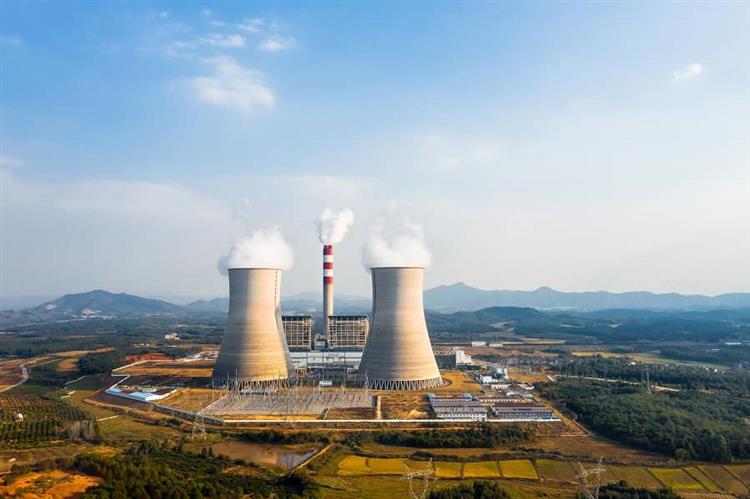
- 20 November 2023
- 516 Views
The main types are oil & gas upstream activities, oil downstream products. Oil and gas upstream activities include exploration activities, such as creating geological surveys and obtaining land rights and production activities, such as onshore and offshore drilling. The various drilling types include offshore; onshore that are used for residential, commercial, institutions and other applications.
A report from the Business Research Company said that: The global oil and gas market grew from $6.9 trillion in 2022 to $7.3 trillion in 2023 at a compound annual growth rate (CAGR) of 4.9%. The Russia-Ukraine activities disrupted the chances of global economic recovery from the COVID-19 pandemic, at least in the short term. The dispute between these two countries has led to economic sanctions on multiple countries, a surge in commodity prices, and supply chain disruptions, causing inflation across goods and services and affecting many markets across the globe.
The oil and gas market is expected to grow to $8.6 trillion in 2027 at a CAGR of 4.3%. Low-interest rates in most developed countries will positively impact the oil and gas industry during the forecast period. For instance, in March 2020, the UK decreased the interest rates to 0.1% which was the lowest ever. Furthermore, other central banks of countries such as North Macedonia, South Africa, Malaysia, Kenya, Argentina, Ukraine, Sri Lanka, and Azerbaijan, as well as Turkey also decreased their interest rates in 2020.
The Business Research Company continued: Major companies in the oil and gas industry are looking into big data analytics and Artificial intelligence (AI) to enhance decision-making abilities and thus drive profits. The companies in this industry gather huge amounts of raw data relating to the working of refineries, pipelines and other infrastructure through a large number of sensors placed across the oil rig. Using big data analytics, companies can detect patterns that can allow them to quickly react to unwanted changes or potential defects, thus saving costs.
AI allows companies to make better drilling and operational decisions. Companies such as ExxonMobil and Shell have been increasingly investing in AI technology to have a centralized method of data management and support data integration across multiple applications. Other companies such as Sinopec, a Chinese chemical and petroleum corporation, has announced its decision to construct 10 intelligent centers to help reduce operation costs by 20%.
